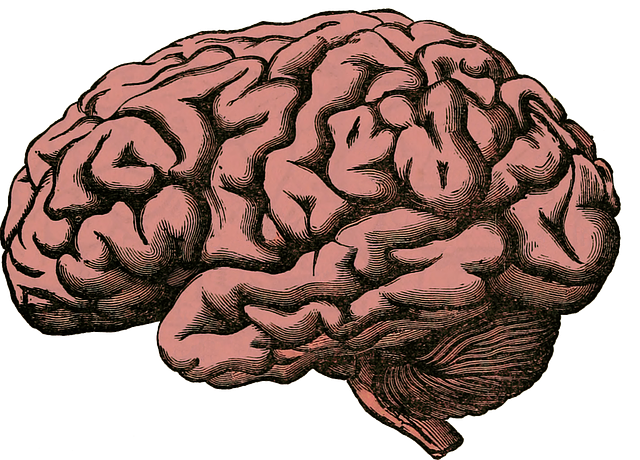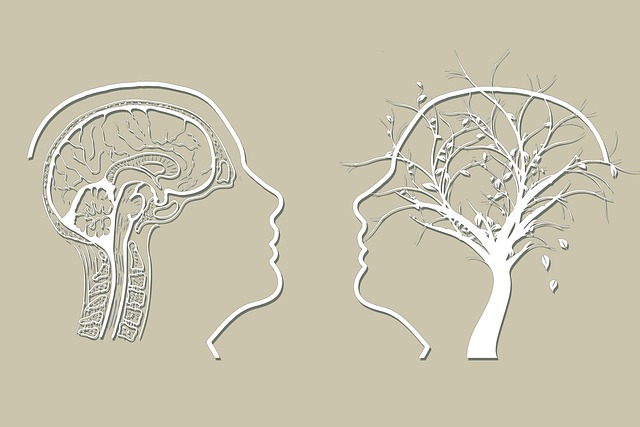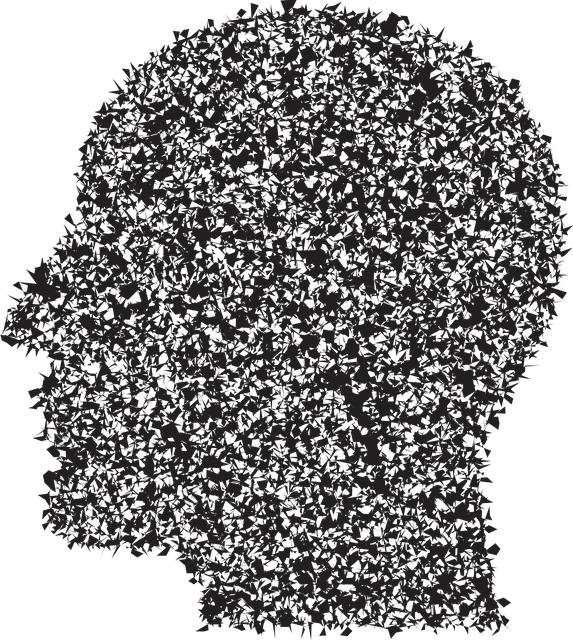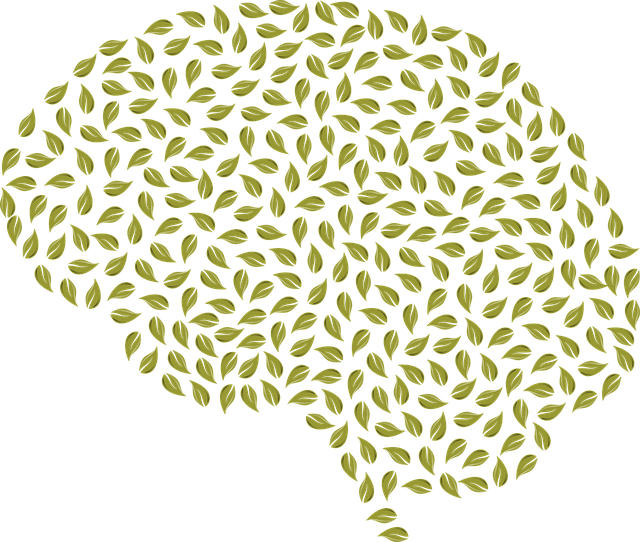In diverse societies, cultural sensitivity is crucial in therapy for children's mental health evaluations. Recognizing and valuing unique cultural beliefs prevents misdiagnosis and promotes effective interventions, fostering trust and better patient-therapist relationships. Tailoring therapeutic approaches to diverse populations enhances treatment effectiveness. Public awareness campaigns breaking cultural barriers improve access for underrepresented communities. Cultural sensitivity transforms outcomes, addressing unique distress expressions from diverse backgrounds. Incorporating active listening, validating experiences, and adapting assessment tools ensures personalized care. Recent case studies show traditional healing methods and culturally relevant resilience techniques significantly benefit marginalized youth, underscoring the necessity of adapted therapeutic strategies for inclusive mental healthcare.
“Cultural sensitivity is a cornerstone in providing effective mental healthcare, especially within diverse communities. This article explores the profound impact of cultural diversity on mental health and its crucial role in shaping therapeutic outcomes. We delve into the specific needs of therapy for children from various cultural backgrounds, highlighting the significance of cultural sensitivity in assessments and treatments.
Through practical strategies and real-world case studies, we demonstrate how healthcare professionals can incorporate cultural competence into mental health evaluations, ultimately improving patient care and fostering more inclusive practices.”
- Understanding Cultural Diversity and Its Impact on Mental Health
- The Importance of Cultural Sensitivity in Therapy for Children
- Strategies for Incorporating Cultural Competence in Mental Health Evaluations
- Case Studies: Successful Implementation of Culturally Sensitive Practices
Understanding Cultural Diversity and Its Impact on Mental Health

In today’s diverse societies, mental healthcare professionals must embrace cultural sensitivity as a cornerstone of their practice. Understanding cultural diversity means recognizing and appreciating the unique beliefs, values, and traditions that shape individuals’ lives and perceptions of mental health. This is particularly crucial when providing therapy for children, as cultural context plays a significant role in their emotional well-being and behavioral development. For instance, what may be considered normal anxiety in one culture could signal a deeper psychological issue in another, emphasizing the need for nuanced evaluations.
Cultural sensitivity ensures that mental health interventions are not only effective but also respectful of individual differences. By integrating mind over matter principles tailored to diverse populations, healthcare providers can foster better patient-therapist relationships and enhance the overall therapeutic process. Public awareness campaigns development focused on breaking cultural barriers can further contribute to improving access to mental health evaluations for underrepresented communities, thereby promoting equal care and anxiety relief.
The Importance of Cultural Sensitivity in Therapy for Children

In the realm of mental healthcare for children, cultural sensitivity is a game-changer that significantly influences therapeutic outcomes. Children’s experiences are shaped by their unique cultural backgrounds, which can greatly impact their mental health and expression of distress. Therapists who incorporate cultural awareness into their practices can better understand and address these nuances. This approach ensures that therapy sessions are not just effective but also respectful and inclusive, fostering a sense of safety and trust in young clients.
Cultural sensitivity allows therapists to tailor their methods to suit diverse needs. For instance, integrating social skills training or applying mind over matter principles with cultural context can be highly beneficial. These strategies may resonate more deeply when adapted to the child’s ethnic, racial, or socio-cultural identity, enhancing engagement and the overall success of mental health evaluations. Moreover, being culturally sensitive encourages therapists to advocate for children within the broader mental health policy framework, ensuring that services align with the diverse needs of our increasingly multifaceted society.
Strategies for Incorporating Cultural Competence in Mental Health Evaluations

Incorporating cultural competence into mental health evaluations is a multifaceted approach that goes beyond surface-level understanding. Effective strategies involve actively listening to and validating clients’ experiences, incorporating their language and communication styles, and tailoring assessment tools to reflect their unique cultural perspectives. Mental wellness coaching programs can play a pivotal role in this process by empowering individuals to navigate their cultural identities while seeking therapy for children. By fostering open dialogue about cultural beliefs related to mental health, these programs encourage a more nuanced understanding of symptoms and promote culturally sensitive interventions.
Moreover, integrating knowledge from diverse communities enhances the accuracy and effectiveness of Mental Health Evaluations. This includes recognizing the impact of intergenerational trauma, acculturation stress, and community-specific coping mechanisms on an individual’s psychological well-being. Encouraging clients to share stories from their cultural tapestry can provide valuable insights into their behaviors and perceptions. Subsequently, this rich information guides therapists in developing personalized Self-Care Routine Development for Better Mental Health strategies that resonate with the client’s cultural context, thereby enhancing treatment outcomes.
Case Studies: Successful Implementation of Culturally Sensitive Practices

In recent years, numerous case studies have highlighted the successful implementation of culturally sensitive practices within mental healthcare settings, particularly in therapy for children. These approaches have been instrumental in improving outcomes for diverse populations. For instance, a study focusing on a multicultural community revealed that integrating traditional healing practices into mental health evaluations enhanced trust and engagement among families from various ethnic backgrounds. The approach not only facilitated open communication but also allowed therapists to gain deeper insights into the children’s experiences, leading to more tailored interventions.
Another compelling case involves a clinic that prioritized inner strength development as a core element of its culturally sensitive therapy model. By incorporating cultural elements that promote resilience and coping mechanisms, the clinic successfully supported trauma-affected youth from marginalized communities. This holistic approach, combining mood management techniques with culturally relevant practices, resulted in significant improvements in mental health outcomes. These successful implementations underscore the importance of adapting therapeutic strategies to respect and incorporate clients’ cultural identities, ultimately fostering more inclusive and effective mental healthcare services.
Cultural sensitivity in mental healthcare is not just a best practice—it’s essential for delivering effective therapy for children and ensuring accurate mental health evaluations. By understanding the impact of cultural diversity, implementing culturally competent strategies, and learning from successful case studies, mental health professionals can create inclusive environments that honor diverse backgrounds and promote positive outcomes. Incorporating these practices is crucial for navigating the complexities of different cultures and fostering a more equitable and accessible mental healthcare system.














